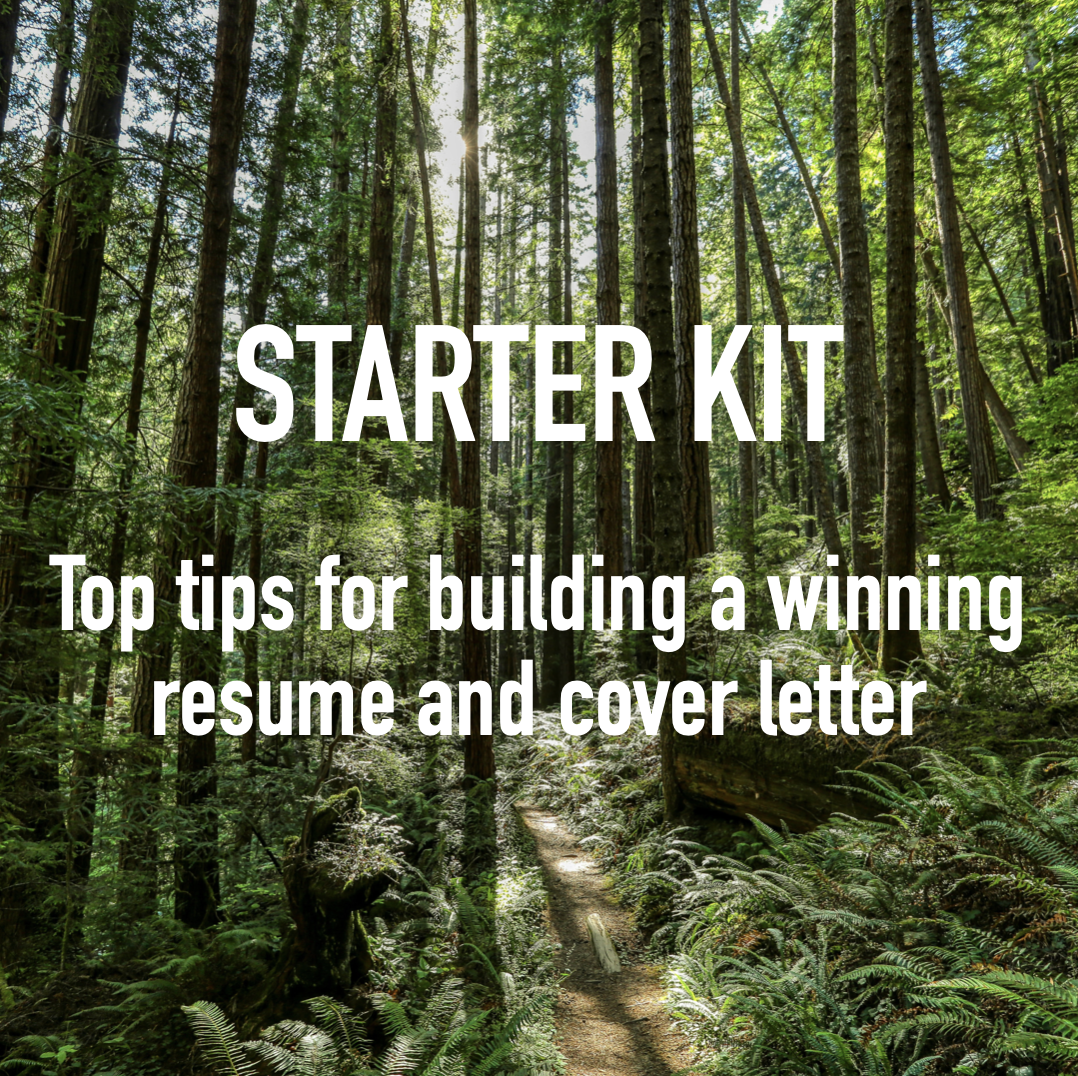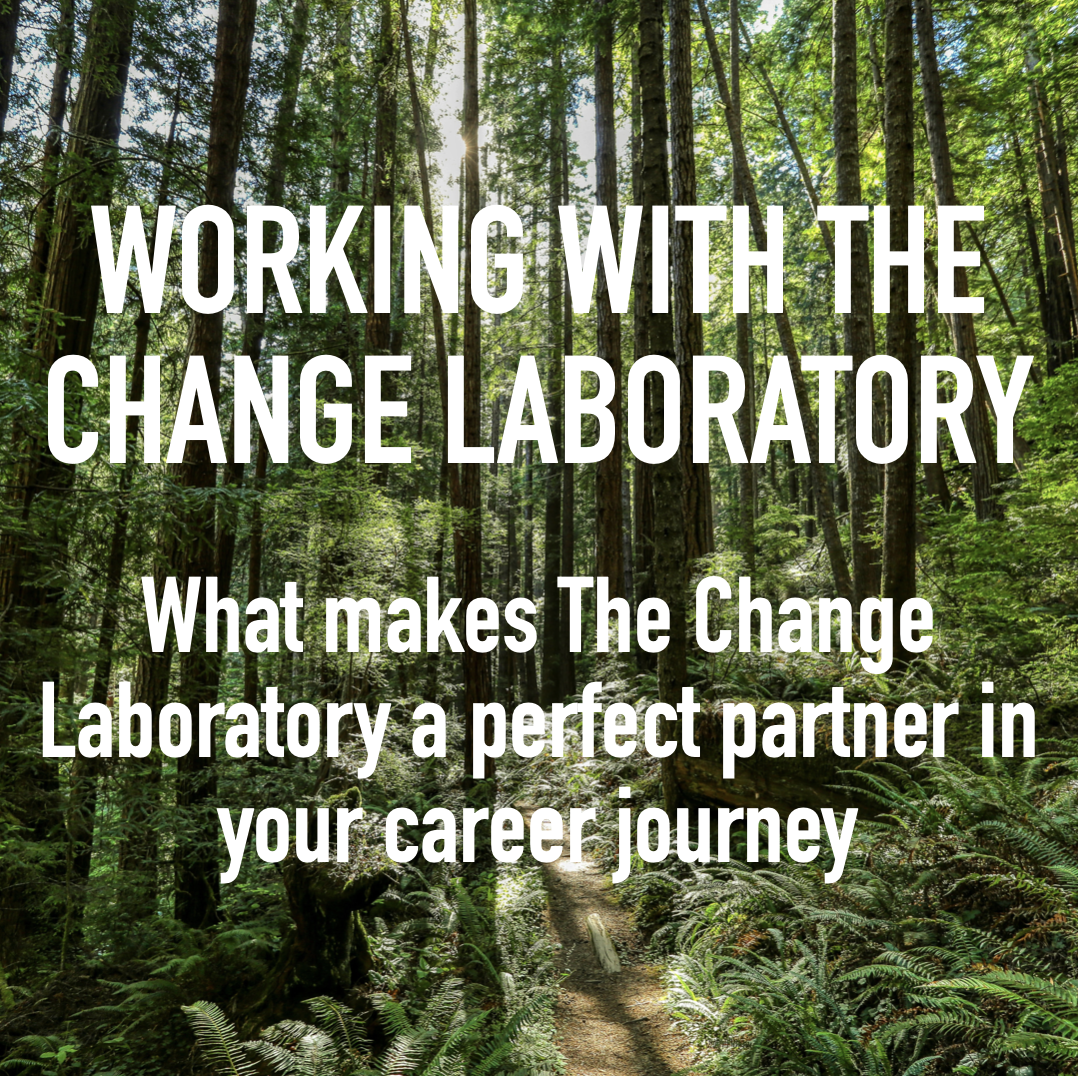How to Deal With Automated Resume Screening Systems
Kent R.
Love 'em or hate 'em, applicant tracking systems and resume screening technologies are a reality of the modern job search process and the trend toward automation means resume screening systems are not going anywhere soon.
Given this, we get a lot of questions related to automated resume screening systems. Many of those questions contain fundamental misunderstandings of these systems and, more importantly, the larger talent acquisition process.
So, on this episode of the Stop Hating Mondays Podcast, we’re going to do our best to demystify the automated resume screening process.
TRANSCRIPT
(Transcripts are auto-generated and may contain minor errors)
How to Deal with Automated Resume Screening Systems
Kent
We all know that applicant tracking systems and resume screening technologies are a pig reality of the modern job search process. We may all wish that that weren't the case, but it is and the trend toward automation means resume screening systems are not going anywhere soon.
Given this, we get a lot of questions related to automated resume screening systems and many of these questions contain fundamental misunderstandings of these systems and, more importantly, the larger talent acquisition process.
This is Kent, here with Caanan, and on this episode of the Stop Hating Mondays podcast, we're going to do our best to demystify the automated resume screening process.
Kent
So, this question comes from Vijay. He says, “I heard your podcast about recommending a 1 page resume. Doesn't that go against the conventional wisdom of loading up keywords etc.”
Caanan, take It away. You're the pro.
Caanan
Well, Vijay, I'm really glad you asked this question because it's one a lot of people have. And it's good because it's good to be aware of automated screening systems.
Yeah, they're a very real thing.
I actually have some notes here on this.
75% OF RESUMES ARE NEVER SEEN BY A HUMAN BECAUSE THEY DON'T MAKE IT THROUGH AN AUTOMATED RESUME SCREENING SYSTEM. Almost every Fortune 500 company uses automated resume screening systems and now actually almost every company uses some form of automation to process their resumes. So it's very good to be aware of this.
Having said that, you don't want to be so concerned with automated resume screening systems that you're not more concerned with just building a really effective, powerful resume that does the job of communicating your accomplishments and that performs well with humans.
Kent
yeah, I think that's so true.
True people get so obsessed with resume keywords and saying the right thing that they forget that they're starting from the wrong place, that they should be starting from how to best communicate the impact they've made and the impact they could make with this future employer and then realizing the keywords should come along with that analysis.
Keywords on your resume are like the cherry on top.
Caanan
Yeah, so let's actually answer Vijay’s question about a one page resume.
The answer is you do want a one page resume 'cause think about this.
We're talking about automated resume screening systems, which are in place because people don't have the time or energy to deal with this sheer amount of applicants that are coming in.
Those people then don't have time to deal with dense resumes that are chock full of keywords only built that way to game a system, so focus first on building a really powerful one page resume, make it very focused on your accomplishments, make it very engaging, and then make sure it includes the right keywords.
That's how you get through the automated resume screening system. And more importantly, once you do, how your resume actually succeeds when a human being looks at it?
Kent
Yeah, OK, so this is all really interesting to me in talking about this view that people have regarding keywords is just reminding me that you know what about a decade ago everybody got the memo about the need for keywords and automated resume screeners and all of this stuff and then, you know, they said… it's kind of alluding to, they became fanatical about it and it's all they see is keywords, so you can have this person with tremendous accomplishments but all they want to talk about are keywords.
So let's talk about this fanaticism. Why it exists, and, yeah, a little bit more on how we need to scale back that fanaticism with keywords.
Caanan
Well, it's a good point because I think at some point people became aware of these resume screening systems, but they didn't really understand how they work. And, like, back in the day, maybe it was a good idea.
Kent
Yeah, exactly.
Caanan
…to throw in a bunch of keywords because these were really stupid systems. It was never effective from a human standpoint, but maybe it made sense really early on.
That isn't the case anymore, if it was ever the case. So these automated resume screening systems now use a lot of really current, modern technology that concerns itself more with context, right?
AI and machine learning can see not just the keyword, but the context of the keyword.
So if you're just filling your resume with keywords and you're creating this, the resume equivalent of a really spammy article on the web… Yeah, maybe it'll get through the automated resume screening system, probably not, but so what if it does? Because then you're going to have somebody looking at a resume that's just a word salad of keywords, and they're going to be like, “this is terrible.”
Kent
Yeah, and I think I mean on this topic the day of having real kind of spammy kind of blocks of skills where you know you're going beyond just a kind of a palatable number of skills, just kind of listing all these things out. When that makes it to a human, if it does, 'cause that's just going to seem impossible and over the top, and perhaps most importantly, not targeted toward the job.
Caanan
Yes, so here again. like we said to Vijay's question, the most important and most effective thing to focus on here is just building a really good resume. Share your accomplishments, make them powerful, make them engage and don't concern yourself so much with getting through the resume screening system.
If you're building a really good resume, it will naturally make it through the system.
Kent
Perfect OK, so I want to throw out one more question.
This also is something we get asked all the time.
I want to get your kind of quick take on this.
What do you say to the people who ask where to find these buzzwords and key phrases to put in their resume?
Caanan
Here's what I say.
The keywords that you need to be mindful of are very accessible to you. They're right in the job description for the job you're applying for. And if you're looking for a little more context or texture, you can go to the career site. You can go to the company website and you can get the vibe as well.
So it's really great that people are thinking about targeting their resume. That's really important.
You do want to be strategic with a few keywords, but again – I can't say it enough – don't over concern yourself with keywords on your resume.
It's not as important as you think.



